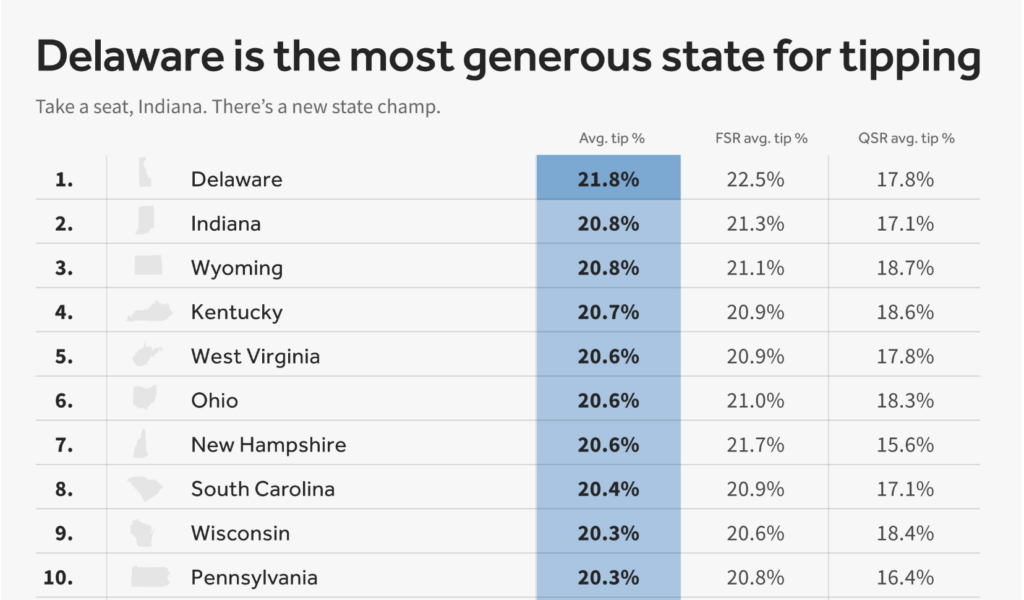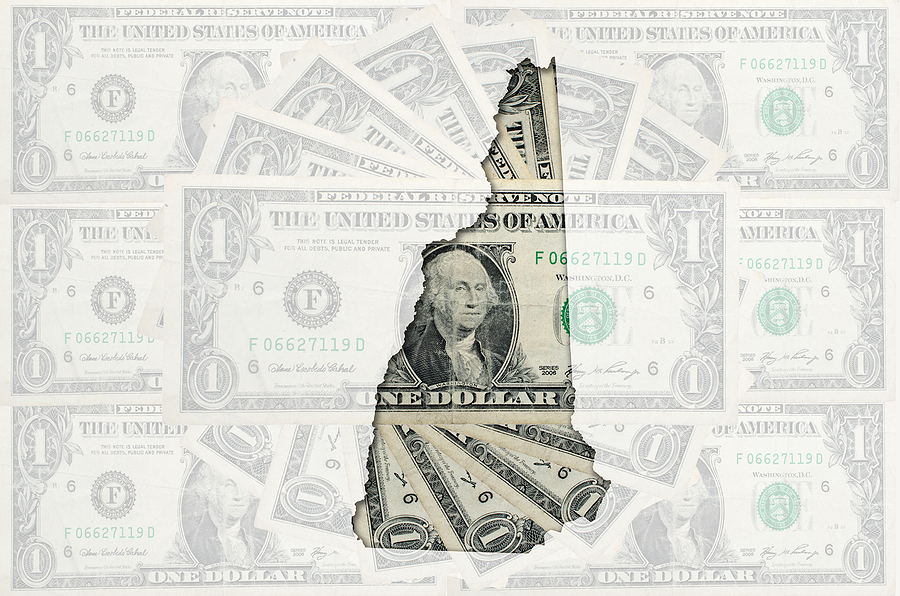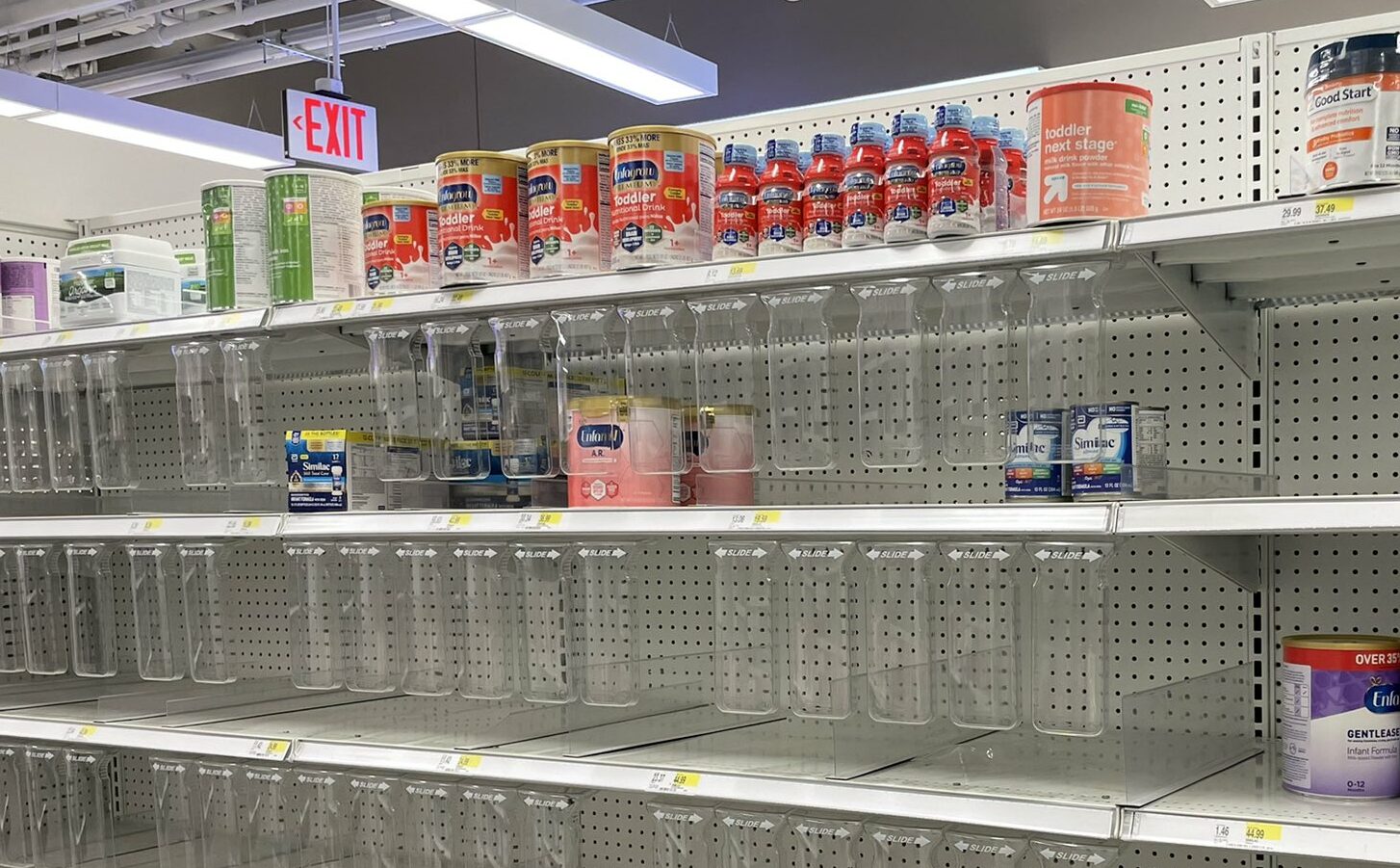$15 Million Yanked From Strafford County After Nursing Home Debacle

Strafford County’s proposed $170 million nursing home project continues to be dogged by controversy and questions — and now, a canceled check from the state.
A $15 million funding agreement was canceled due to the county’s fiscal fumbling. Members of the Strafford County delegation reacted with anger when they learned county commissioners were pushing a “Taj Mahal” version of the nursing home, rather than a proposal from a different architect at a cost of less than $50 million.
Now, $15 million in state funding has been pulled. But County Administrator Ray Bowers downplayed the cancellation, telling NHJournal the money was really a grant.
“To start, there was no $15 million loan. We were promised a $15.6 million grant if we completed a portion of the nursing home project by 12/2025. The project was never approved in time so we were never eligible for the money,” Bowers said via email.
A loan cancellation notice issued in March shows officials with the New Hampshire Governor’s Office of Emergency Relief and Recovery (GOFERR) considered the money a forgivable loan, though Bowers sent NH Journal a copy of the original agreement signed last year in which the funding is called a grant.
The money could be considered Schrodinger’s Check, as it was potentially both a loan and a grant at the same time.
Either way, the cancellation is the latest sign of trouble for the high-priced project pushed by county commissioners.
Last year, the County Nursing Home Infrastructure Program run by GOFERR approved the $15 million. GOFERR was created during the COVID-19 pandemic in part to administer ,state and federal funds earmarked to help municipalities and businesses deal with the consequences of the pandemic.
Strafford County’s proposed 215-bed nursing home design won approval for American Rescue Plan Act (ARPA) funding geared to help county nursing facilities mitigate and prevent the spread of COVID-19, help ensure facilities are safe for residents and their families, and support facility improvements. The ARPA funding was given as a forgivable loan contingent on the county meeting certain benchmarks. Once all the requirements were met, the county would be under no obligation to repay the $15 million. If the county failed to meet the requirement, the forgivable loan would become a regular loan to be repaid, Bowers said.
“It is only a loan if you begin to take the money and then don’t complete the terms of the agreement. Once you complete the agreement it is a grant,” Bowers said.
But whether it’s a grant or a loan, the county isn’t getting the $15 million — and it is not getting a new nursing home anytime soon. Without a viable plan to build the new nursing home, Strafford County can’t even try to meet any of the loan/grant requirements.
In December, the county delegation blocked the funding for the $170 million nursing home citing cost concerns. That’s put a stop to the project that’s been in the works for years, but not to the recriminations.
State Rep. Cliff Newton (R-Rochester) wants a public accounting of what went wrong with the project, blaming county officials for pushing a plan they knew could not get approved.
“The county commissioners and county administration were warned repeatedly that $170-200 million for a new nursing home was excessive and would not get bonding. We asked for them to look at all options and to come up with something less costly and less extravagant. Instead, the county wasted two years pursuing two, similar in costs ‘Taj Mahal’ nursing home projects,” Newton said.
Newton has long been critical of the costs associated with the plan, and says there were lower cost proposals. But County Commissioner George Maglaras said those lower priced plans were not realistic and would not meet the county’s needs.
On the plus side for taxpayers, Bowers said there is no cost from the cancellation. Since no money changed hands between GOFERR and the county, there is no financial liability. The $15 million was always part of the total budget for the project, and Bowers said it could only be accessed with approval from the delegation.
“The county has no authority to spend any money not approved by the delegation. The delegation did not approve the funding of the nursing home; therefore, we had no authority to accept any of the 15 million,” Bowers said.
It’s still possible the county will start again on a new nursing home proposal, but Bowers said that will be up to the delegation. There’s discussion of holding a delegation meeting just on the nursing home issue, but no date has been set, he said.









